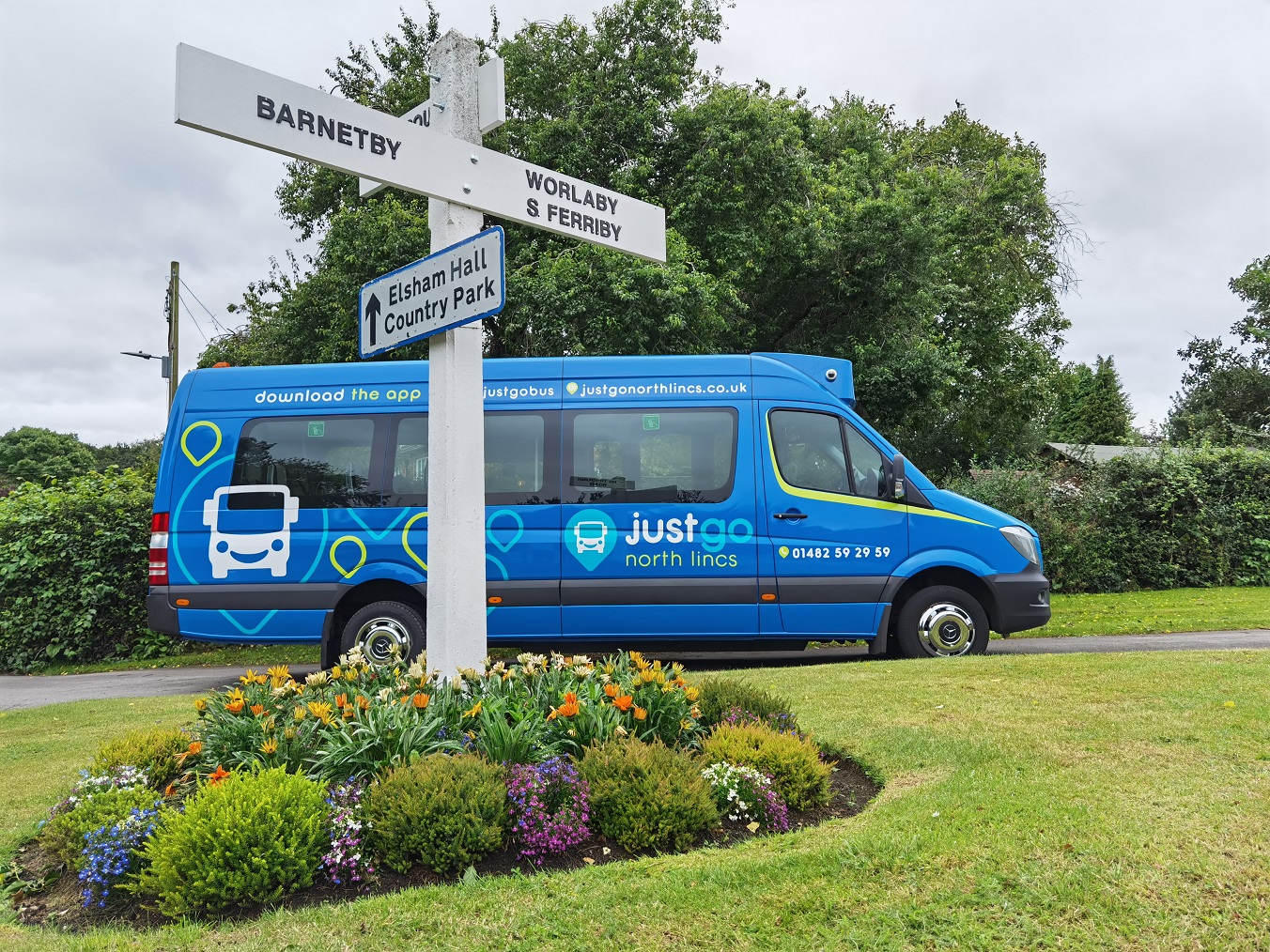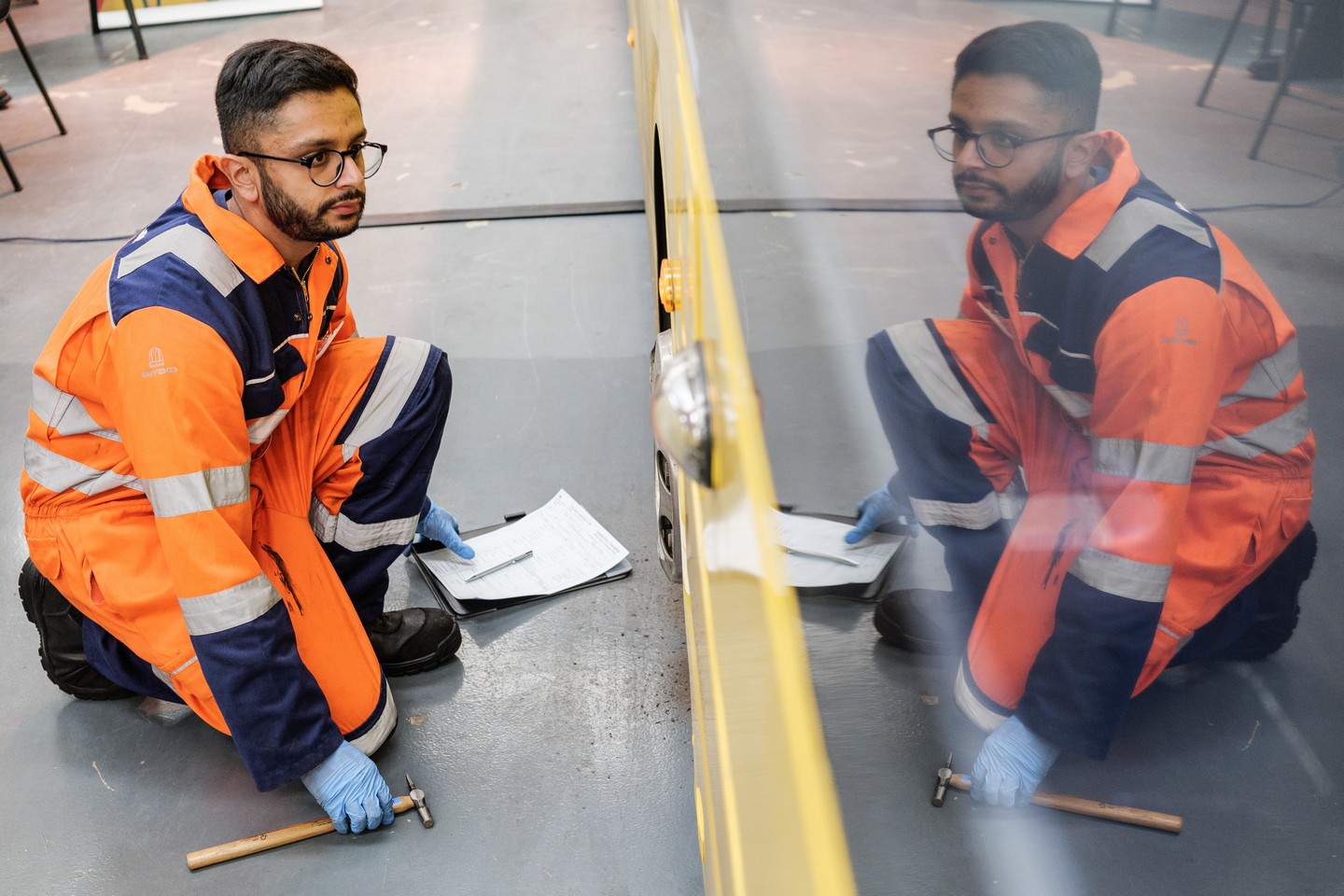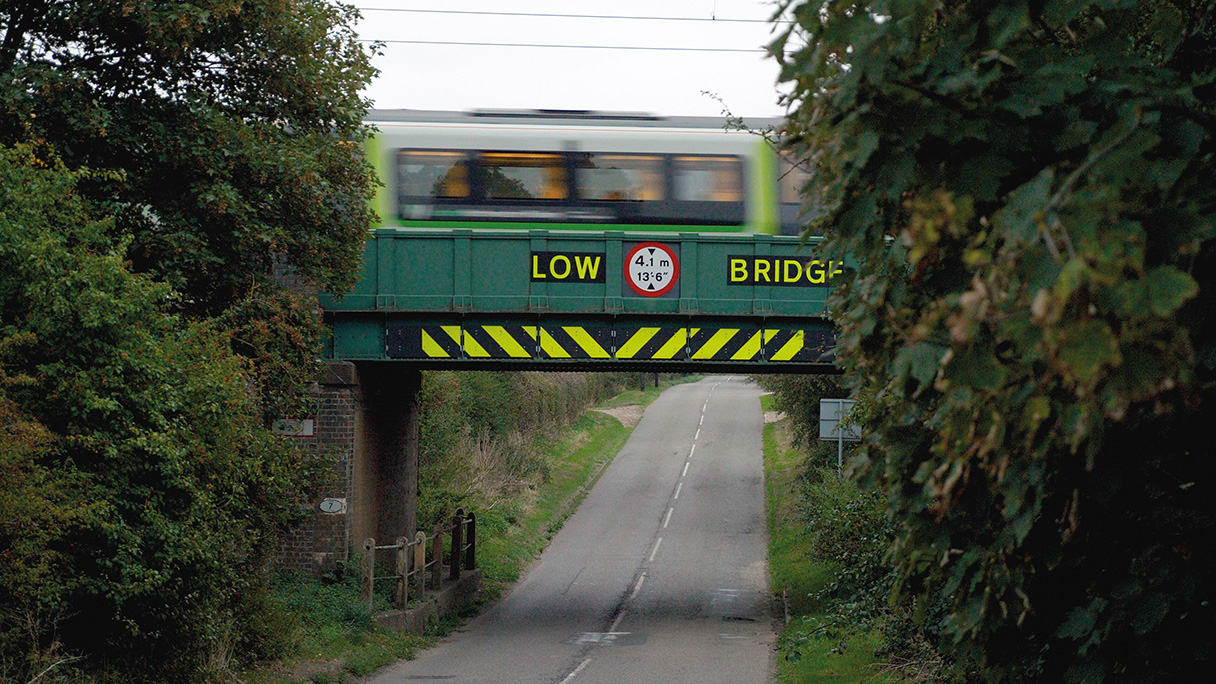There has been no shortage of coverage in the trade press over the last few years of various demand responsive transport (DRT) schemes. They range from single-vehicle operations in remote parts of the country to multi-vehicle networks covering entire towns.
It is now widely accepted that DRT is not commercially sustainable without subsidy and therefore, these schemes tend to replace traditional Section 63 bus services.
In terms of investment, a new, high-quality, PSVAR compliant DRT minibus with 16 seats now costs around six figures. The days of investing in minibuses for very low sums of money are over, and while a DRT minibus will be around 40% cheaper than the equivalent new short-wheelbase bus, it is still very expensive.
Naturally, there is a fuel saving as a result of both the reduced vehicle weight and because the DRT vehicle only runs when needed, rather than operating unnecessary scheduled mileage. There is, therefore, an environmental argument for DRT, but only if it’s carrying a reasonable number of users.
Part of the appeal of DRT to a potential passenger ought to be the convenience of summoning a bus when you want one, rather than planning around a timetable. I believe that a large proportion of people quite like the certainty of a fixed timetable. Certainly, I have heard of experiences of operators being involved in DRT schemes that resulted in patronage decline when DRT replaced a fixed timetable.
However, anyone who has used Uber will know that the convenience of booking a taxi and watching it make its way to you on a smartphone is very desirable. There is a lot to be said for knowing who is turning up, what vehicle they will be in, how far away they are and when you need to leave to minimise your dwell time.
If normal financial metrics are used to assess its performance, Uber is not profitable, despite its convenience and accessibility. That gives a firm indication of why DRT hasn’t made it to commercial viability either. Does anyone know of a commercially sustainable, open-door DRT scheme in the UK that does not require any third-party subsidy? I couldn’t think of one at the time of writing.

There is another, much more significant concern with converting a Section 63 bus contract to DRT.
The potential financial deficit for the operator is generally protected by a subsidy. But what has no protection is the very real risk that the passengers who are lost when converting a bus service to DRT may never return to the bus if it is eventually put back to how it was before.
It is admirable that operators should try new things in this fast-changing world, but many people’s experience of DRT has been that patronage has fallen and not recovered subsequently. This is all the more prominent when the prior customer base is made up of elderly travellers, who do not enjoy using technology as much as younger people.
I remember an article not so long ago which made clear that research had identified the desire of young people to book as bus as easily as ordering a pizza. That is not the case with all elderly users, so perhaps effort needs to be concentrated equally on attracting new younger passengers to DRT, rather than just helping existing customers to use the technology.
As an operator, you do not have to make too many consecutive mistakes to lose passengers and never see them again.
DRT has its place in some rural communities and maybe even in some built-up areas with historically poor public transport. But as a direct replacement for a scheduled service, unless it connects with a very good ‘main road’ fast bus route that serves large urban hubs, the introduction of DRT is deeply questionable.



























